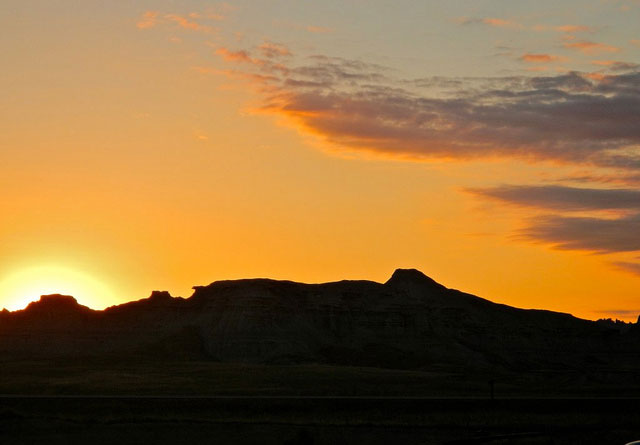
As many of us know, the combination of President Donald Trump and Twitter can be trouble, but over the weekend, he dragged the National Parks Service into it. After the agency (possibly accidentally) retweeted something uncomplimentary on Inauguration Day, the Parks Service was ordered to stop using all Twitter accounts after it apparently hurt the new president’s feelings. If that sounds bizarre, the story within the story gets even weirder.
First, the tweet in question.
Compare the crowds: 2009 inauguration at left, 2017 inauguration at right.#Inauguration pic.twitter.com/y7RhIR2nfC
— Binyamin Appelbaum (@BCAppelbaum) January 20, 2017
The New York Times’ Washington correspondent fired this one out as part of the conversation surrounding the turnout for the inauguration, which appeared pretty lackluster. Having it show up on the Parks account was a little bit strange, though the agency does report on events in and around federal property and offers information about news of note. What seems likely is that someone with access to the account sent a tweet meant for their personal account — it wouldn’t have been the first time.
The White House retaliated with a Twitter blackout — one that was quickly lifted, likely in response to outraged comments.
However, the issue raised two important and very distinct issues.
The first is how the government embraced the use of social media under President Obama, with a growing number of government agencies using social media for outreach, communication and education. Employees of the National Parks Service even use social media for something pretty critical: safety warnings. While there are lots of ways to find that information, if you’re used to seeing it on Twitter, you might assume that the absence of warnings means no outstanding precautions are listed — and you could have been wrong.
Cutting off the National Parks Service deprives the agency of opportunities to connect with the public, including a chance to offer vital safety information through yet another channel. And the agency, like many others, likes to have fun on social media too — a goofy post now and then makes light of the parks and their history and humanizes the agency for members of the public.
The American public deserves to have access to information from the government via every available means. In recent weeks, we’ve seen a series of attempts to constrict access, including legislation and official White House policy. That bodes poorly for a free and fair nation.
There’s another issue too, though, and that is the longstanding history of restrictions on speech from civil servants, including through government agencies. One reason for this restriction is the concern that government employees carry more weight, or could be perceived as speaking for their agencies. There’s also a worry that politics could interfere with function — if you arrived at a campsite and the ranger was wearing a pin advertising political views that differ from yours, for example, that might make you feel uncomfortable.
Under that policy, one could argue that the tweet in question was more than an informative message, but a political comment. It might be tough to prove either way, as one could argue that information about numbers of inauguration attendees is in the public interest, that the National Parks Service would have those numbers, and that a photo handily illustrates them in an accessible format. If the tweet was a political statement, removing it from the official count (as was done) and reprimanding the employees responsible might be reasonable, but they set a dangerous precedent.
When is a tweet just a tweet, and when could it be construed as political? That’s a question many government employees handling social media may be asking themselves in coming years as they consider whether information they’re providing for the public interest might be construed as a dig at the White House. Is talking about climate change going to become political speech? What about reporting statistics on civil rights violations? Or informing people about US-Russia relations?
Press freedom is under attack
As Trump cracks down on political speech, independent media is increasingly necessary.
Truthout produces reporting you won’t see in the mainstream: journalism from the frontlines of global conflict, interviews with grassroots movement leaders, high-quality legal analysis and more.
Our work is possible thanks to reader support. Help Truthout catalyze change and social justice — make a tax-deductible monthly or one-time donation today.